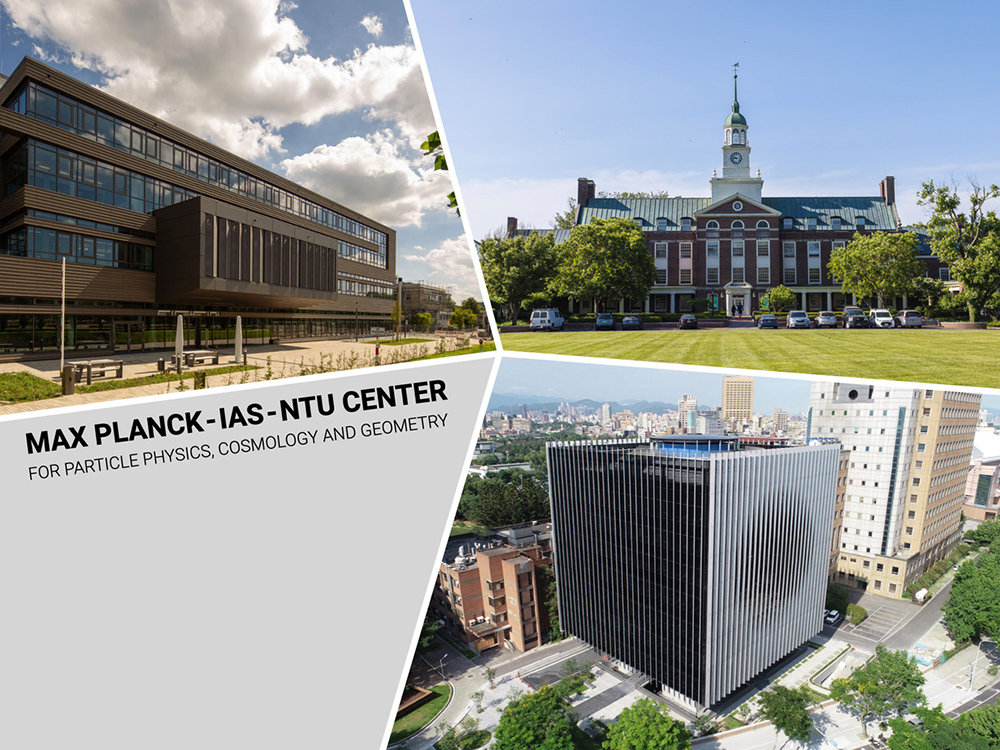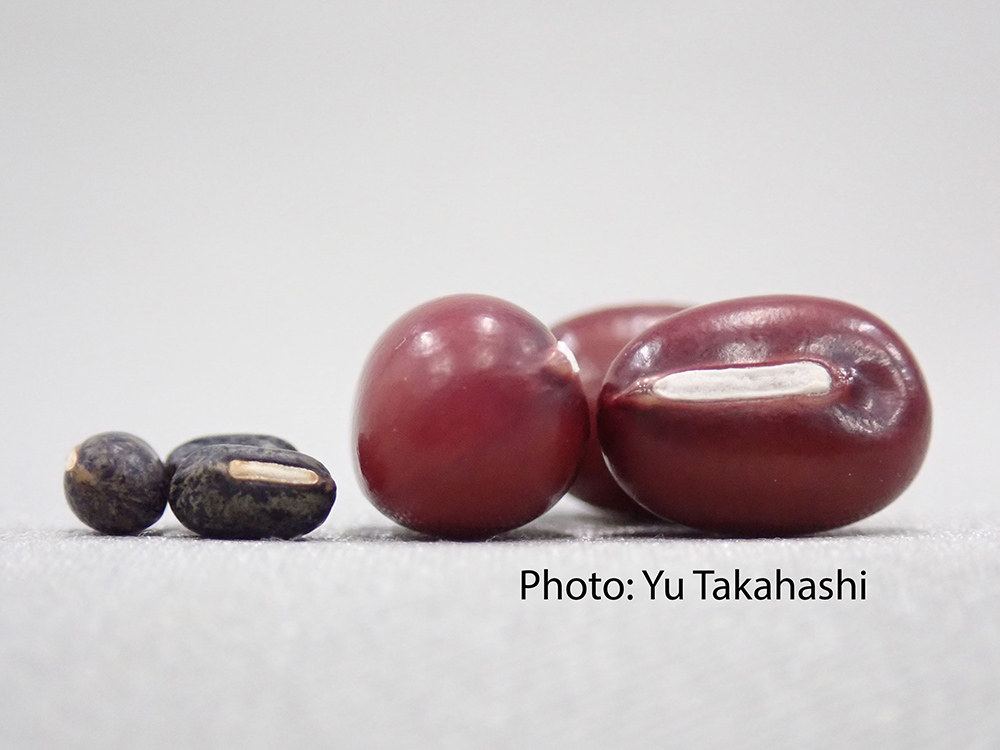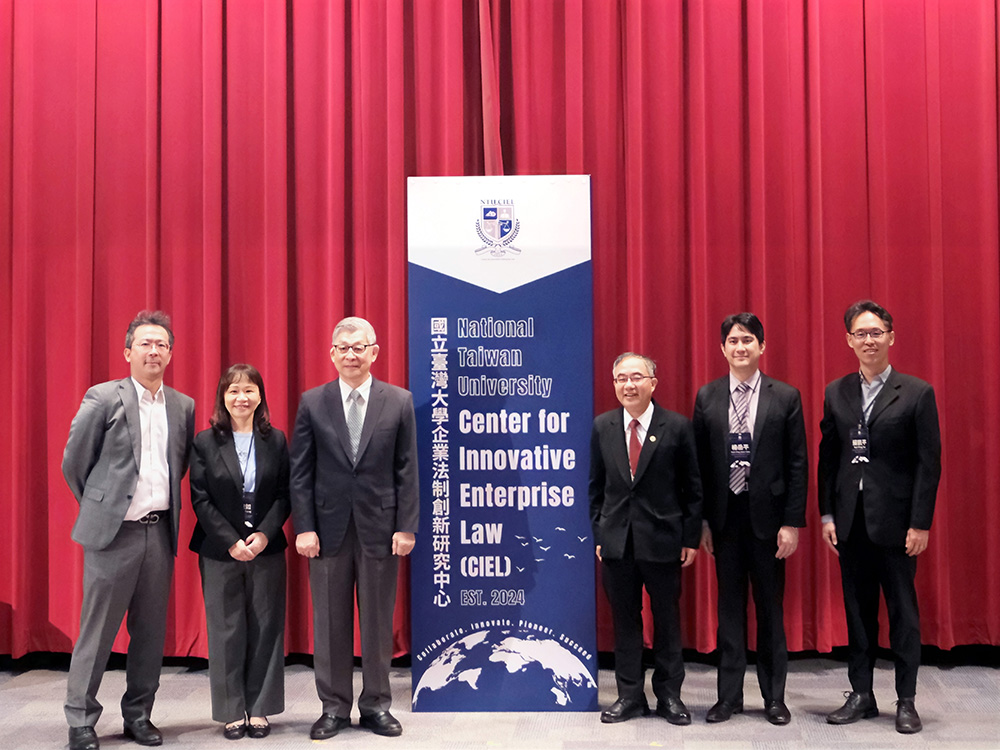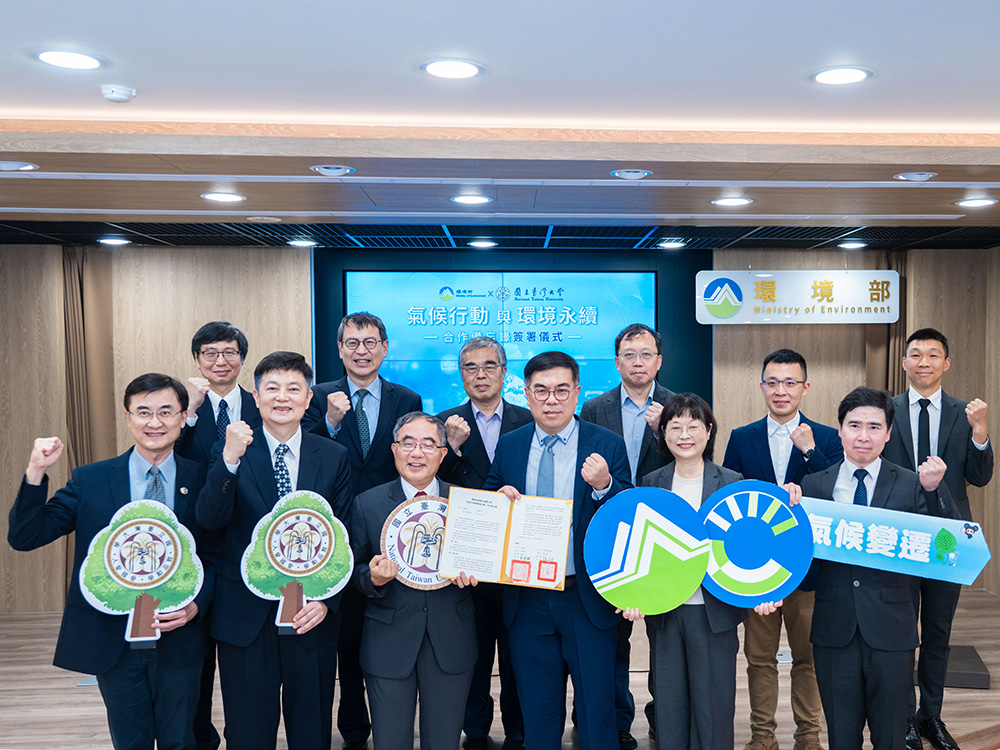
A new milestone for science at NTU: The inauguration of the Max Planck-IAS-NTU Center
瀏覽器版本過舊,或未開啟 javascript
請更新瀏覽器或啟用 javascript
Spotlights
NTU Ranks 37th in THE Impact Rankings 2022.
Times Higher Education (THE) released the Impact Rankings 2022 on April 27. National Taiwan University ranked 37th in the total of 1,406 participating institutions worldwide. This is a significant improvement compared with the record of “101-200” ranking last year. This has also been NTU’s best record in this ranking in the past few years.
THE first launched the University Impact Rankings in 2019. The THE Impact Rankings measure global universities’ success in delivering the United Nations’ Sustainable Development Goals (SDGs), evaluating university performance on indicators such as no poverty, responsible consumption and production, and climate action.
President Chung-Ming Kuan said, “Contributing to society is the responsibility of a university.” With outstanding talents and abundant resources, NTU not only pursues excellence in different professional fields, but also dedicates itself to fulfilling the goal of sustainable development. NTU has shown its determination by completely withdrawing its fund from investment projects with high pollution and high carbon emissions, publishing the NTU Social Responsibility and Sustainability Report, and establishing the Office of Institutional Research and Social Responsibility.
Among the 17 SDG goals evaluated in the Impact Rankings, NTU has seven goals ranked in the Top 50s, including SDG 2 (zero hunger), SDG 6 (clean water and sanitation), SDG 7 (affordable and clean energy), SDG 9 (industry innovation and infrastructure), SDG 10 (reduced inequalities), SDG 11 (sustainable cities and communities), SDG 16 (peace, justice, and strong institutions). Among these seven goals ranking in Top 50, SDG 9, SDG 11, and SDG 16 obtained the highest scores on the ranking. This outstanding record fully demonstrates NTU’s emphasis on both technology and humanities.
Take a closer look at the school’s efforts in these evaluation projects this year. In SDG 2: Zero Hunger, the College of Bioresources and Agriculture, with its rich agricultural knowledge and the help of its affiliated institutions and teams of animal and plant physicians, assists local farmers in dealing with issues of pest control and production technologies and elevates the competitiveness of local agricultural business.
In SDG 6: Clean Water and Sanitation, the Hydrotech Research Institute built a rainwater/runoff storage integration system to convert rainwater into experimental water and toilet water, saving a lot of water and conveying the concept of restoring the natural hydrological cycle of the campus.
In SDG 7: Affordable and Clean Energy, the Risk Society and Policy Research Center focuses on the risk issues of the national energy transition, deep carbon reduction, and climate governance. It creates a communication channel platform by holding public forums, reversing Taiwan’s brown economy through policy advice, which helps shape the vision of a net-zero society in 2050.
In SDG 9: Industry Innovation and Infrastructure, thanks to the efforts of the Office of Research and Development and units under its jurisdiction, the number of patent citations, the number of new start-ups, and research income have all increased significantly compared with the previous year.
In SDG 10: Reduced inequalities, NTU launched the Hope Project to recruit students from remote areas listed by the Ministry of Education to give disadvantaged students a broader channel for further education.
In SDG 11: Sustainable Cities and Communities, NTU faculty and students are deeply involved in sustainability-related fields, entering urban and rural areas and communities and driving regional revitalization and development. The Resilient Nangang Team of the Graduate Institute of Building and Planning has long been concerned about the water environment of the local villages in Nangang. It takes Dianzikou as a practice environment for resilient communities and livable cities.
In SDG 16: Peace, Justice and Institutions, NTU faculty also showed their professional capacities. For example, Professor Shan-Chwen Chang, the vice president of NTU, convenes the advisory specialist panel of the Central Epidemic Command Center (CECC). Many other NTU faculty members also served as members of the National Council for Sustainable Development.
“NTU has always played a leading role in the advocacy and performance of SDGs and USR (University Social Responsibility). We are happy to see the joint effort of colleges and universities in Taiwan to arouse the public’s attention to the SDGs issues,” said President Kuan.
President Kuan finally emphasized that the fulfillment of the sustainable development goals requires the efforts of all NTU people. The university will continue to join the ranks of sustainable development with other higher education organizations and work together for a better future.
See the results on THE Impact Rankings 2022: https://www.timeshighereducation.com/rankings/impact/2022/overall#!/page/0/length/25/sort_by/rank/sort_order/asc/cols/undefined

A new milestone for science at NTU: The inauguration of the Max Planck-IAS-NTU Center

A Distinguished Global Research Center Established at NTU under Trilateral Cooperation

Collaborative study between NTU and Japan uncovers the origin of Adzuki Beans and agriculture in Japan

NTU Launches Center for Innovation in Enterprise Law—with Forum Highlighting Trump’s Policy and Legal Shifts Amid Geopolitical Tensions

NTU and Ministry of Environment Sign MOU to Advance Net-Zero Transition and Environmental Resilience
Current Spotlights